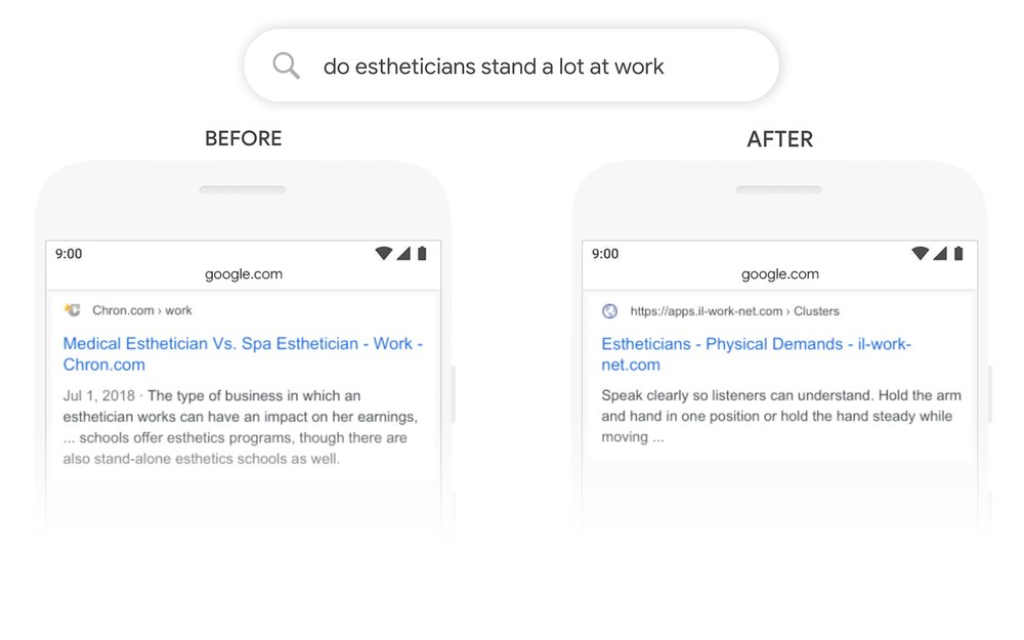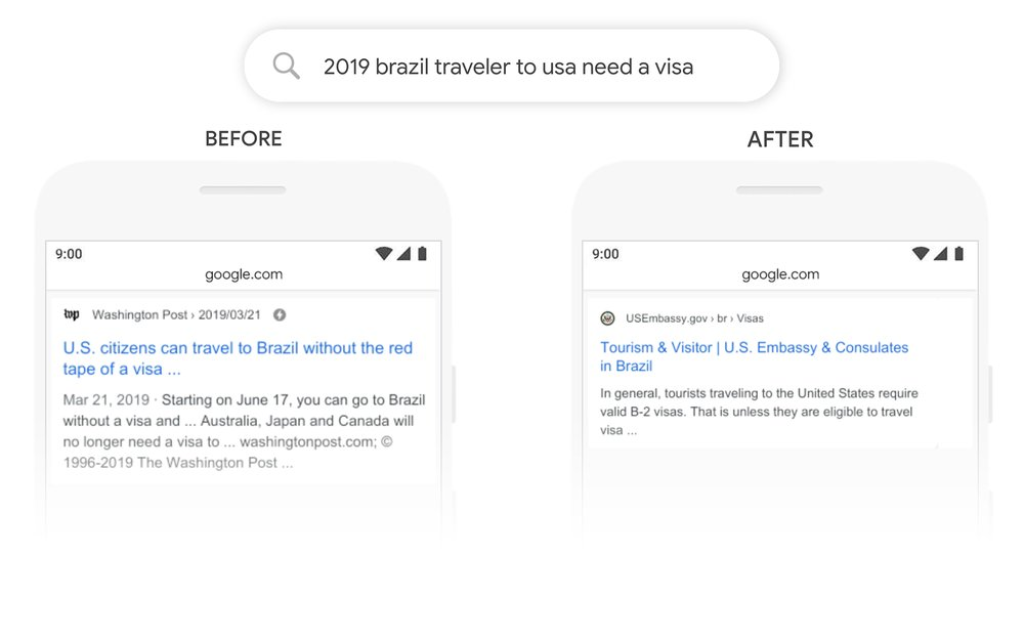What Is BERT? A New Google Algorithm Update

BERT is Google's biggest leap forward in the last 5 years, creating a new milestone for search history as a whole, but what does it mean?
Google is often the first point of call when looking for some information. However, many users might struggle to phrase their search query in the right way to produce the results that they want. Searchers could misspell words, not know a specific term or misinterpret their question.
Often searchers use queries that they think Google will immediately understand what they are looking for, but could produce completely different results. The introduction of BERT, is Google's latest technique to give searchers the best results since the June core update.
Bert or Bidirectional Encoder Representations From Transformers focuses on processing words with the context of every other word in the sentence rather than just focusing on each word.
This changes the way in which search queries are seen by Google, so each word is looked at in relation to the words before and after making sure there is more understanding of a search query.
So What Search Queries Does BERT Affect?
BERT will begin to affect 1 in 10 searches to give it's users better information. The types of search queries you will see a change in are:
Longer searches
Conversational queries
Long tail keywords with prepositions (from, on, to) that affect the meaning.
Google hasn't left us in the dark about BERT and how to spot the difference, in fact they even gave us some examples. The image below shows a search term "do estheticians stand a lot at work", the search term and the Google results were matched in relation to the keywords. "Stand" was matched with "stand-alone" providing the user with irrelevant content. However, BERT gives Google the understanding that the user is looking for results about physically standing.
BERT can also be seen in action when looking at travel search queries. For example, asking if anyone travelling from Brazil into the US will need a visa. The search query "2019 Brazil traveler to USA need a visa?" would have previously have given US citizens information on travelling to Brazil however BERT sees how the preposition "to" affects the meaning of the sentence.
So What Does This Mean For You?
Many regions and languages are already seeing changes. The changes are definitely beginning to affect more and more search queries. However, you can not optimise for BERT.
Google is simply using this as a better understanding of how search queries and natural language have to work together. So keep creating quality content and you'll keep on being rewarded.
Google are often making changes and regularly update their Google Ads platform.
Why not read up on Why Google Have Removed The Average Position Metric?


